Legal Cannabis in Canada is here, Get Informed!
This information is very helpful.
- This is a copy paste from a thread on reddit by /u/sofiavisitor.
- Re-posted with permission!
This is an abbreviated review of Bill C-45 aka The Cannabis Act. This isn’t legal advice. And some rules have exceptions. I haven’t seen all this information in one place, and I’ve seen some misinformation out there, so I hope this helps anyone who is interested. The Cannabis Act is the Federal law, but cannabis is not regulated the same in each province: Alberta can tighten these requirements but cannot impose criminal penalties for breaking their tighter penalties. Just because something here says what you can or can’t do, your city or province may still pass a more restrictive law. Please check your local jurisdiction.
Our new laws
- If you are 18 or over you can’t have more than 30 grams in a public place
- If you are under 18 you can’t have have more than 5 grams anywhere
- You can’t distribute, or have for the purposes of distributing, more than 30 grams (distributing includes transporting; distributing doesn’t just mean you distribute or sell it to other people)
- Can’t give cannabis to someone under 18 unless you take reasonable steps to ascertain the individual’s age
- Can’t possess cannabis with the intent to sell (without a license to sell)
- Can’t import or export cannabis or possess for the purpose to export
Can’t use organic solvents (such as butane, propane) to alter cannabis- Can’t have or distribute anything intended to be used to make or distribute cannabis in a way that breaks laws
- Can’t knowingly have or distribute cannabis sold/produced/distributed contrary to law (that any law was broken for it to be made, sold, or transported)
- Can’t have any budding/flowering plants in public
- Can’t have more than 4 plants in a dwelling (including the land around the dwelling)
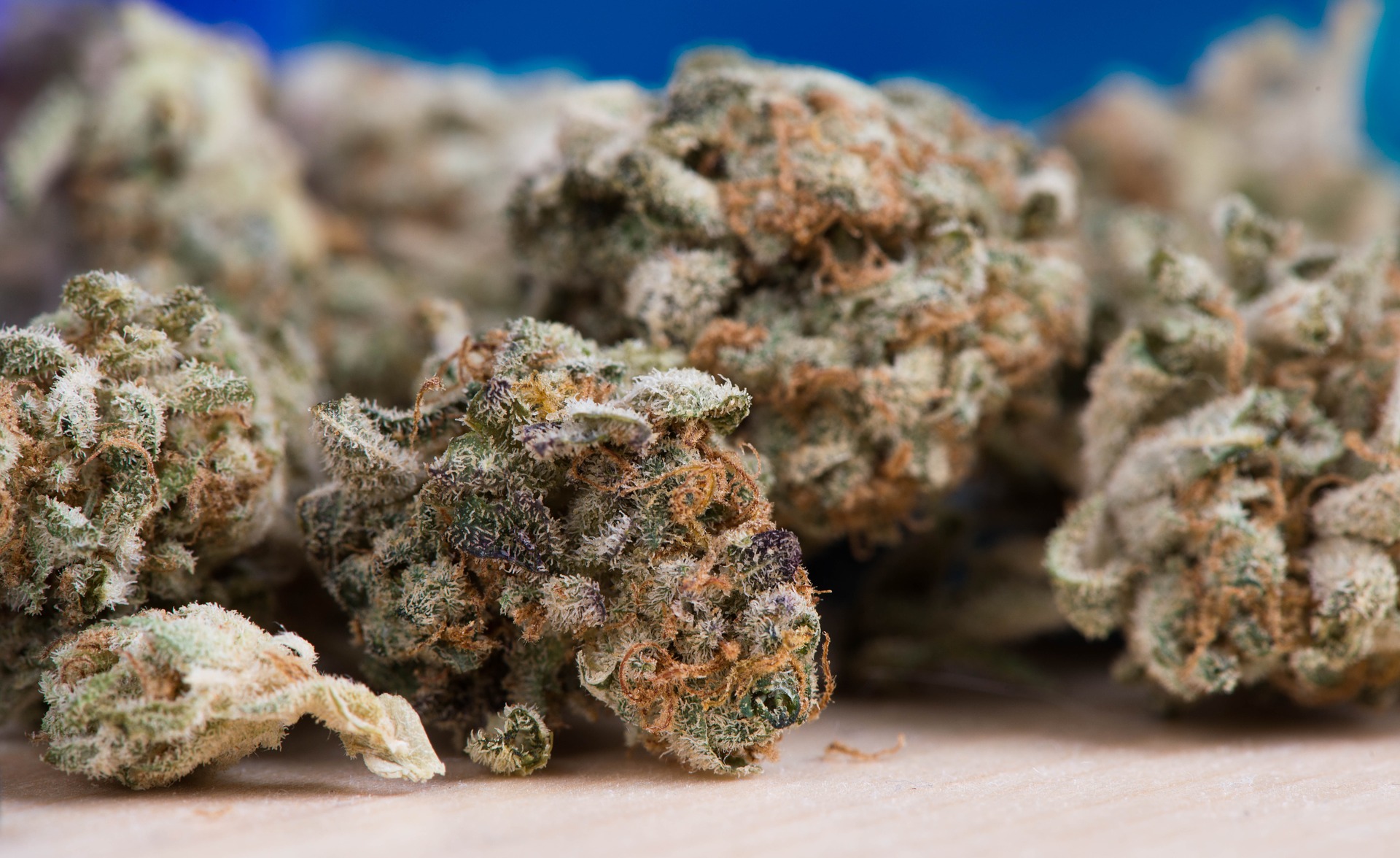
Equivalency – what equals 30 grams
- dried cannabis = this is what the 30 gram limit refers to
- fresh cannabis = 150 grams is deemed equivalent
- solids containing cannabis = 450 grams is deemed equivalent
- non-solids containing cannabis = 2,100 grams is deemed equivalent
- cannabis solid concentrates = 7.5 grams is deemed equivalent
- cannabis non-solid concentrates = 7.5 grams is deemed equivalent
- cannabis plant seeds = 30 seeds is deemed equivalent
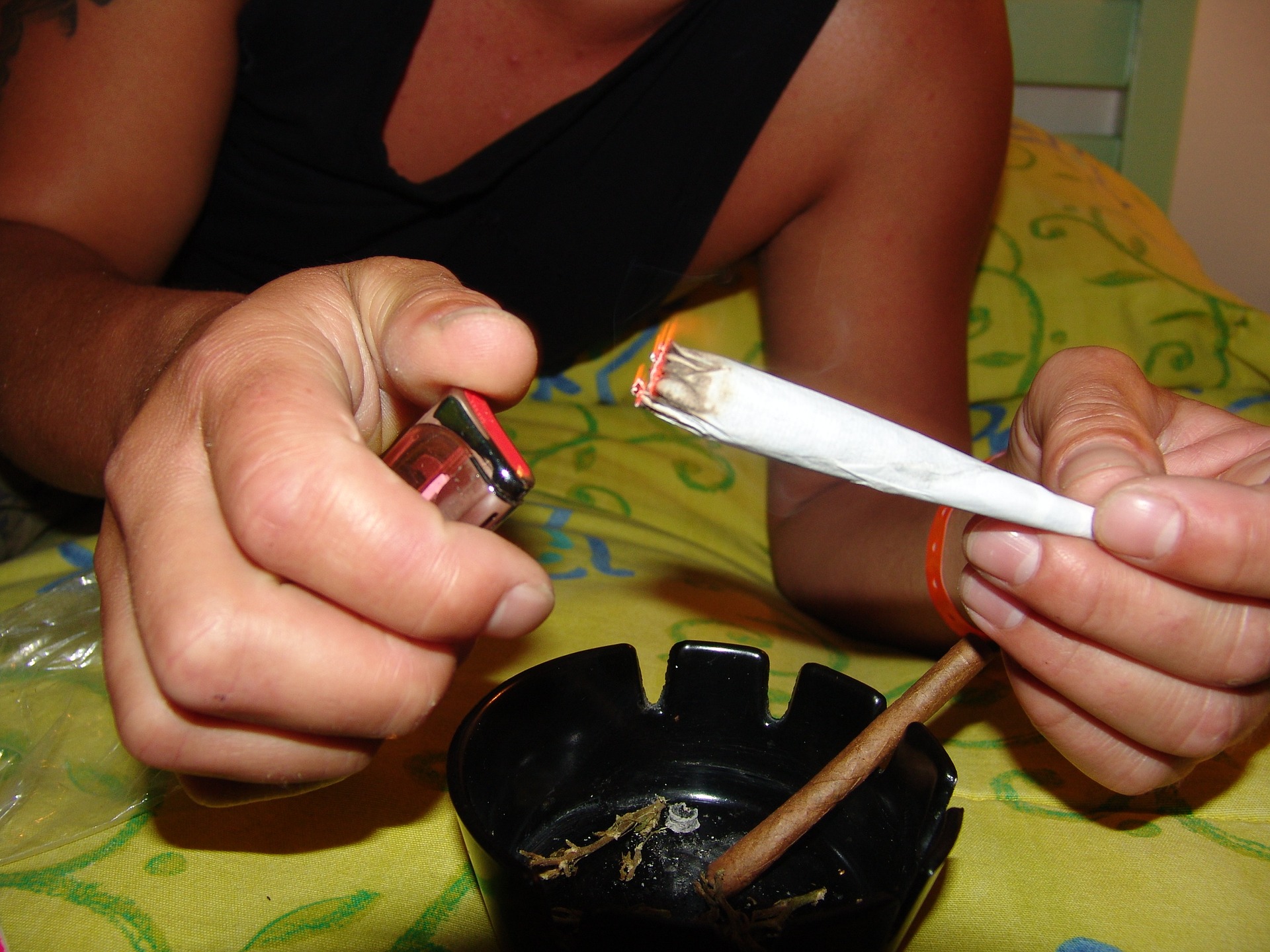
Punishments
- Police can choose to give a summons ticket for less than 50 grams (or equivalent) rather than arrest
- Police can choose to give a summons ticket for five or six plants in a home rather than arrest
- If you are arrested rather than given a ticket, the government lawyer has the choice to retroactively make the situation as though you were given a ticket
- If the fine on a summons ticket is paid, you are given absolute discharge and deemed not to have been convicted of the offence
- If you don’t pay the fine you will receive a conviction
- You can be jailed if a fine is not paid
- If you don’t pay the fine, drivers licenses or plates can be not renewed or suspended until a fine is paid
Exemption for medical emergencies
No punishments (including no violation of pre-trial release, probation order, conditional sentence or parole) for possessing excess amounts or having sourced illicit cannabis if there is a reasonable belief of a life-threatening reaction to any psychoactive drug, where someone sought aid or stayed on scene when responders arrived, if that led to the evidence being found.
That is long-winded. Basically you can’t be charged. Also, lots of people have things like probation where they have restrictions on their life, such as not being able to have weed. In short, these legal restrictions will not be enforced in the case of life-saving first aid from a drug overdose. So even if you have for instance been let out of jail on a condition you don’t have pot on you until your court appearance, that would be ignored.
Added to existing smoking laws
Can’t smoke or vape in workplace or workplace lobby, stairwell, elevator, cafeteria, washroom or other common area (added to existing smoking laws)
Rules for stores/producers (if you were curious, in addition to the federal laws, here are Alberta’s procedures)
- Can’t sell with use of testimonials, endorsements, images of glamour/daring/vitality, or images of persons/animals/characters
- Can’t promote cannabis or accessories by communicating information about its price or distribution
- Can’t circumvent advertisement rules on radio/tv/internet sites outside of Canada that reach Canada
- Can’t have cannabis brands sponsor events/activity/person/facility
- Can’t have give-aways of products or services or freebies at stores with purchase of cannabis or accessories
- Can’t have minors in cannabis stores (effectively)
- Can only sell: dried cannabis, cannabis oil, fresh cannabis, non-budding/flowering cannabis plants, and seeds
- Can’t have vending machine or self-serve display
- Can’t sell any cannabis combined with nicotine, caffeine, or alcohol
- All sales of cannabis are final sale
Edit: Below here are additions after the post went up
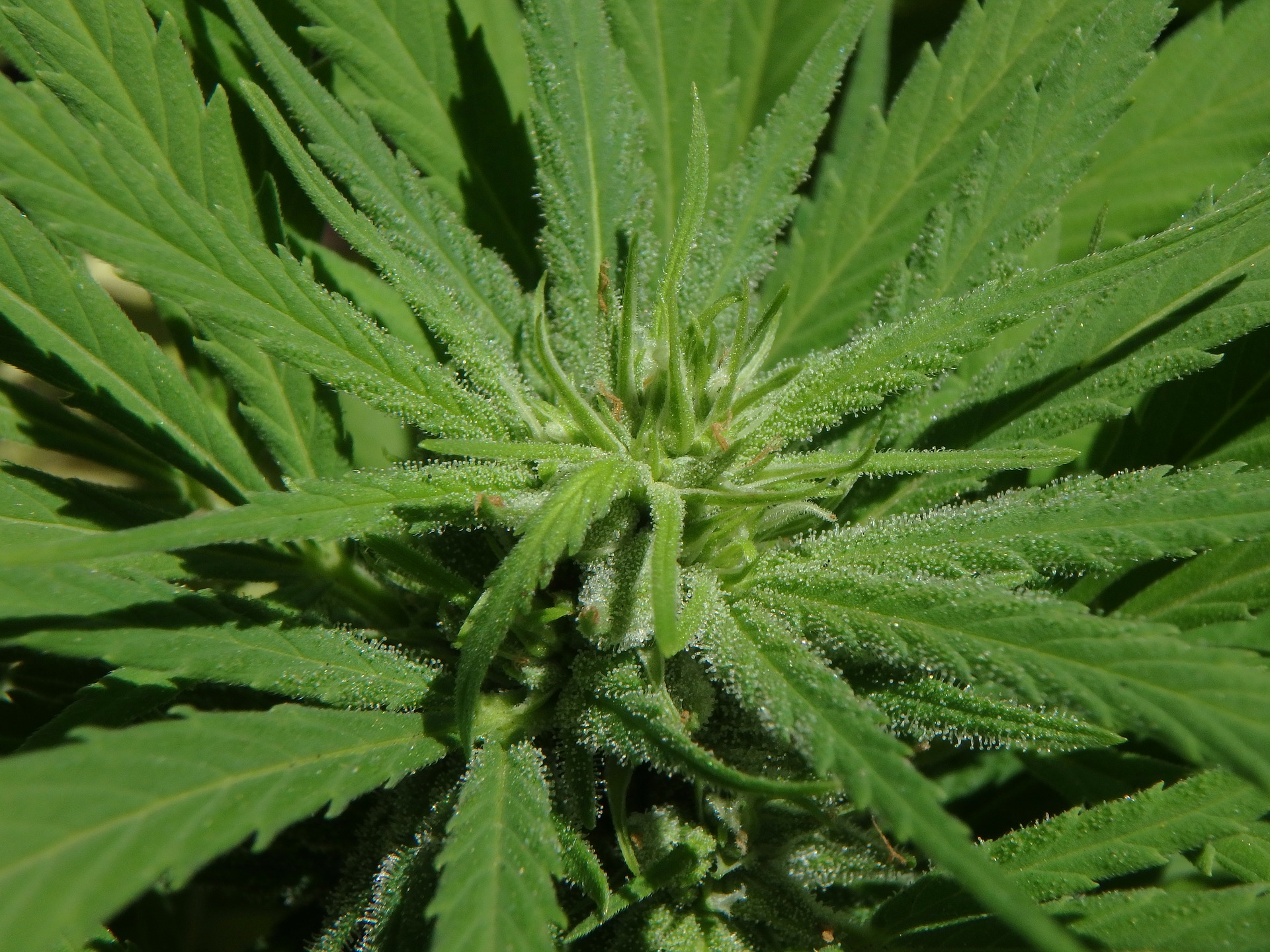
Clarifying cannabis and minors
From the federal, criminal, perspective: yes “but” (I’ll explain the but), a minor can possess cannabis. They can possess 5 grams of dried cannabis, “or equivalent” in other forms. These other forms work out to fresh cannabis (25 grams), solids containing cannabis (75 grams), non-solids containing cannabis (350 grams), cannabis solid concentrates (1.25 grams), cannabis non-solid concentrates (1.25 grams), and cannabis plant seeds (5 seeds).
A minor for this answer is someone who 12 or older but younger than 18. Someone under 12 can’t be charged with a criminal offence in Canada, but there are of course punishments for people using the help of people under the age of 18 to grow/transport/produce cannabis, so it’s not a legal loophole to use a minor.
Minors are not allowed to grow or harvest plants.
The weight limits between adults and minors differs (30 grams vs. 5 grams), but also importantly so does where they can have cannabis. An adult can theoretically have more than 30 grams in a place that is not public: you could have 31 grams in your house. You can’t take those 31 grams out of your house at the same time, but you could have plants that make more than 31 grams and then leave that amount in your house. A minor, however, can’t possess more than 5 grams at any time.
Possession has a legal meaning. It does not mean that you have it on you. It means that, but also if you “have it in any place, for the use or benefit of himself”. Also you can another person can possess something at the same time if it is with your “knowledge and consent”. So if you had 4 grams on you, and you had for example 4 grams at the same time in your friend’s locker at school, you would “possess” 8 grams, and therefore be over the 5 gram limit. The limit is basically the sum of the cannabis that “is yours”, wherever it is. And if you know about someone in your car having more than 5 grams and let them ride in your car, then you, by extension, have possession of more than 5 grams.
A minor, in addition to the limits placed on the amount they possess, can’t “cultivate, propagate, or harvest” cannabis. So there is a zero-plant limit for minors. Also, a minor can’t take a summer job harvesting cannabis, or growing seedlings.
Adults cannot possess “any cannabis that they know is illicit”; you can’t have cannabis on you that you know came from a way that broke the law, such as from 100 plants in one house, from being imported, or from being sold by a person without a license. The law against possessing cannabis that you know “is illicit” does not apply to minors; interpret that as you will, but it greatly reduces the potential charges against someone under 18.
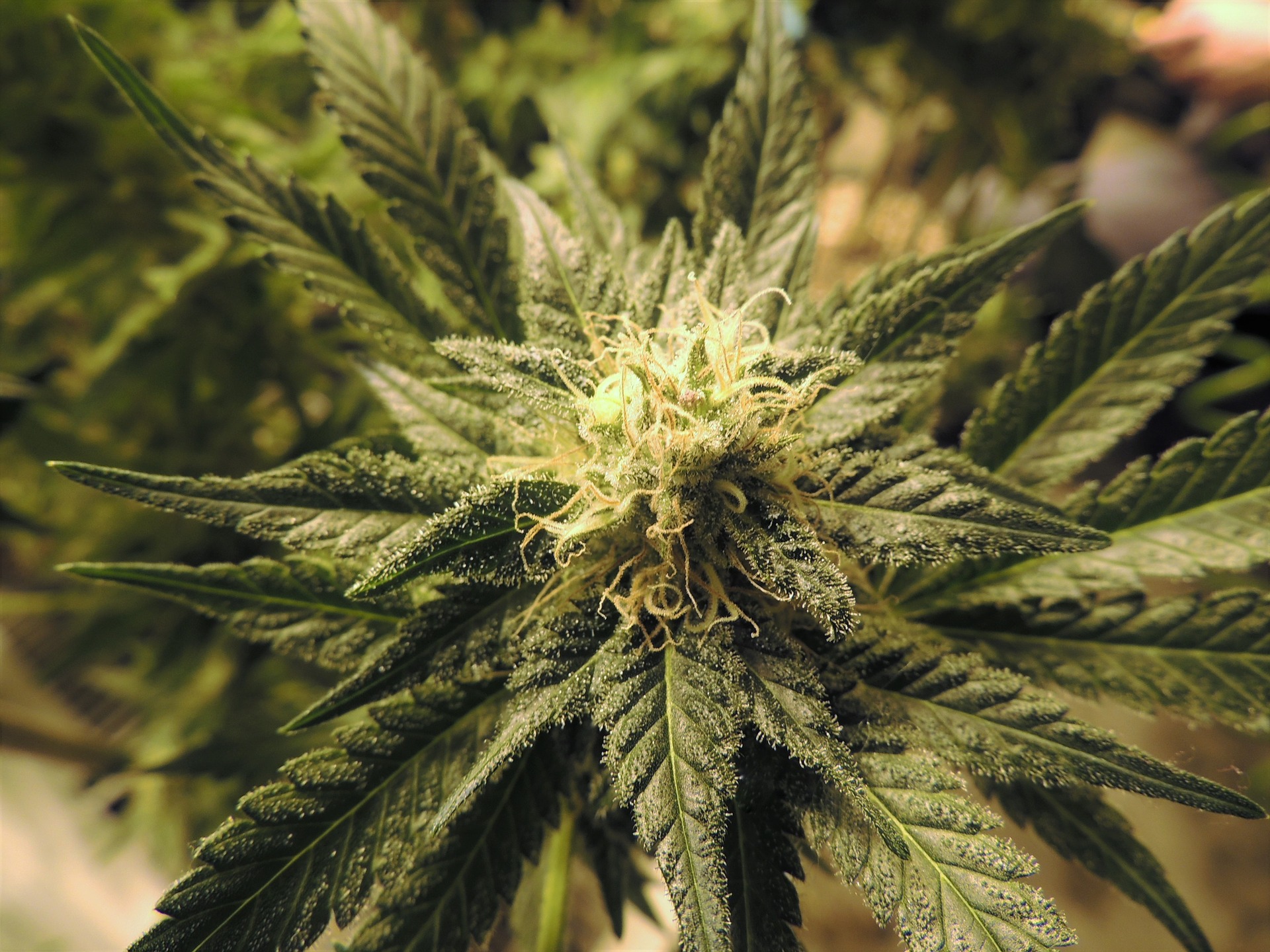
Adults cannot distribute more than 30 grams. Minors are limited to 5 grams for distribution. “Distribute” includes transporting, or cause to be transported (mailing), and of course also includes selling.
Minors also can’t see cannabis or packaged cannabis on display, or cannabis accessories on display, so this functionally makes cannabis stores over-18 stores. Also to protect minors no one can cannabis products or accessories with an “appearance, shape or other sensory attribute or a function that there are reasonable grounds to believe could be appealing to young persons”.
On plants and growing
Four per dwelling
You can’t control or own, basically, any more than four plants. One, two, three, or four is fine. Five or six plants is criminal but has dramatically less punishment than seven or more. The law restricts you to four plants that are budding or flowering. Before you think there is an exemption and you can have 100 seedlings, please note that there is also a separate section of the law that outlaws you cultivating, propagating, harvesting (or offering to do any of these things) of more than four plants in any single dwelling at any single time. So it doesn’t matter if the plants are budding or flowering, you are limited to four, period.
30 grams at home
The 30 gram limit is for possession in public. You can’t have more than 30 grams for the purposes of selling or distributing (even giving away), but in your home there is no simple limit on how much cannabis you have. The 30 grams is for possession in public. So if your plants produce 300 grams, that is fine. As there are also limits on transporting more than 30 grams, public for this purposes would include having it in the trunk of your car or in a backpack, even if you aren’t waving it around in public. But the 30 gram limit does not apply to your home. Minors are limited to 5 grams, public, or private, and zero plants.
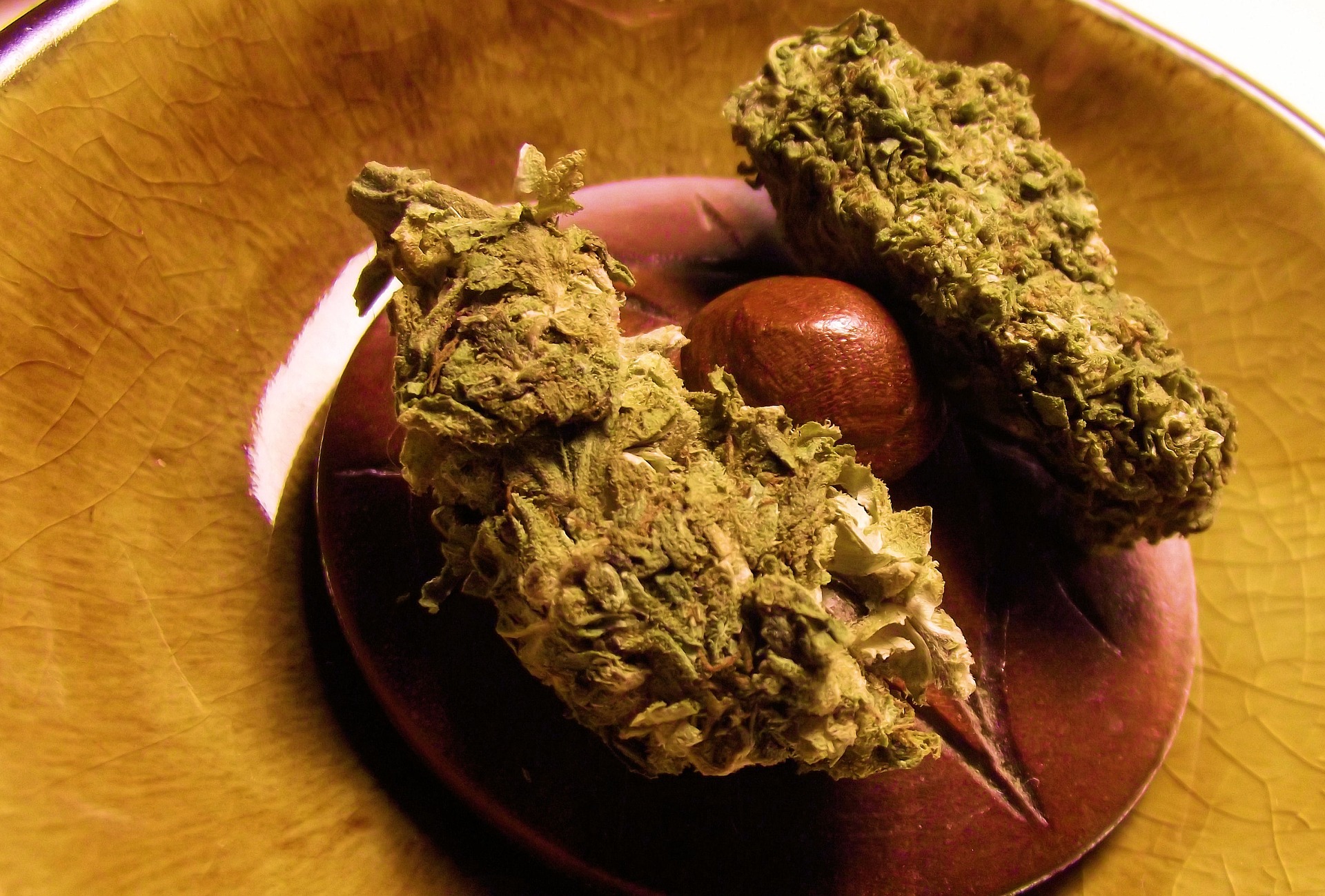
What is a dwelling
The limit on four plants is for your home or dwelling. This can include a mobile home, but it has to be where you “ordinarily reside”. For the normal example of a house or apartment, it includes the structure and the yards, the porch, garden, and any sheds or other structures on the property. The limit is four per dwelling, regardless of there being one adult or ten – it is not four per person.
Plants in public
A person cannot have in public any plant that is budding or flowering. You can have a plant that isn’t budding or flowering in public. A person cannot possess or transport more than four plants that are budding or flowering. You are however, in public, subject to the weight restrictions of non-dried cannabis, and also a limit of 30 seeds. I’ll note that the law also separately prohibits cultivating or harvesting cannabis at any place that isn’t your “dwelling house”, so you can’t grow in a rented greenhouse, or run a “bring your plant to me to harvest it” business.
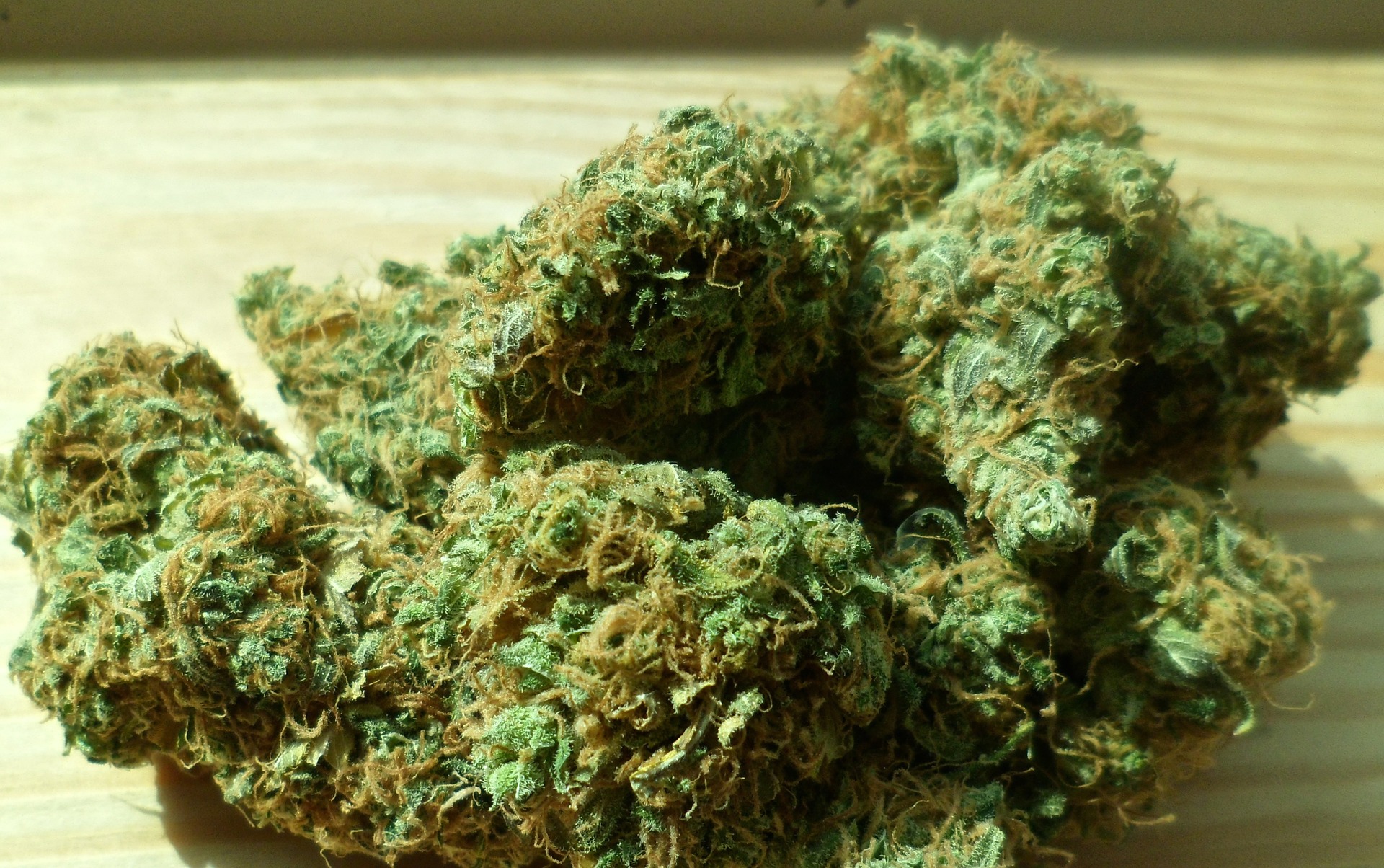
Growing exemptions
Minors are are prohibited from growing, cultivating, harvesting, propagating, or doing anything else relating to growing a cannabis.
A bit niche but the law also outlaws growing anything else other than cannabis plants that produces cannabis. So: no modified plants with them grafted in, or bacteria that makes THC.
On advertising
Though the default is no promotion, including giving pricing, there are exceptions to not being able to communicate pricing (and there may be exceptions to these exceptions). Sorry, as I said there are exceptions to many of the rules. The exception to advertising (including pricing) is that if someone a is authorized to produce, sell or distribute cannabis, they can promote (which would include giving prices):
- directly to individuals (mailer, email) by name, or
- in a place where minors are prohibited (such as a bar), or
- websites where the advertiser has “taken reasonable steps to ensure that the promotion cannot be accessed by a young person” (but the website must be hosted in Canada), or
- in a cannabis store (of course)
On mailing cannabis
The mail may have their own laws but you are limited to transporting 30 grams. This is an area you would want to be careful in as you may be seen, incorrectly or correctly, as selling the cannabis if you are mailing the cannabis. But my read on it is that you could have a total of 30 grams in the mail at any one time which would include up to the point that the person who is receiving the mail takes possession of it. So if you mail four people ten grams each on one day, I would suggest you are now transporting more than 30 grams. But mailing one person 20 grams would appear to be OK, although each province might have its own issues with bringing in cannabis, and also the postal system may have laws prohibiting it. But criminally it would appear not to be criminal.
This is of course assuming the mail does not cross the Canadian border. (Don’t do that.)
On the topic of mailing (and mail-order cannabis), if you cause cannabis to be distributed illegally, or if you assist or aid in it being distributed illegally, that is a crime. And selling without a license would be illegal, so the mailed cannabis that was bought would be illegal, so you causing the mailing to happen, sending money for it to be mailed, and taking and possessing the package that was sent from someone without a license to sell would all be offences.
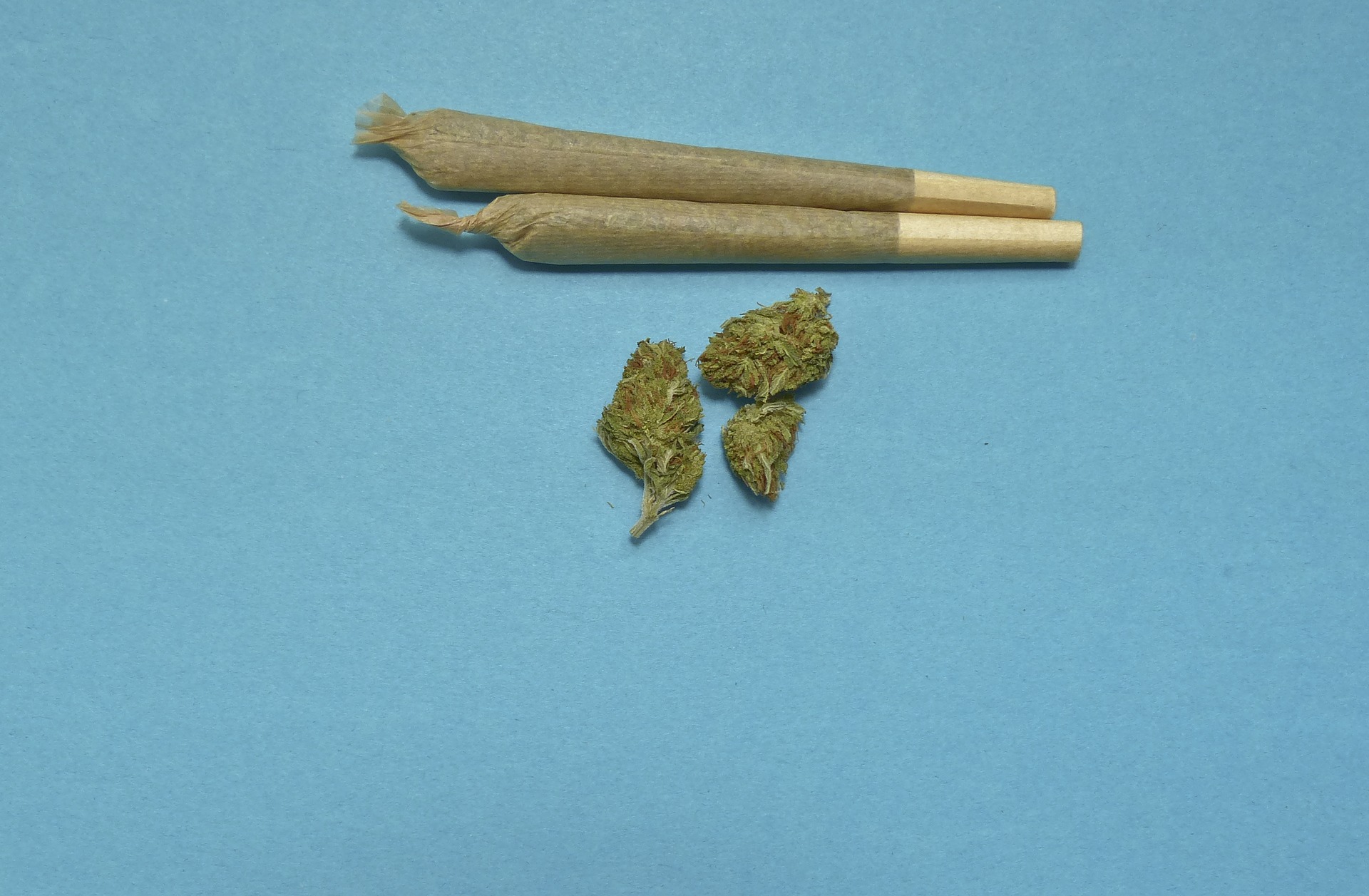
On being high in public
This is off the topic of the Cannabis bill but Section 175 of the Criminal Code of Canada prohibits being “drunk” in public. Not “intoxicated”. So, unless you are otherwise causing a disturbance, loitering, or interfering with others, there would be no outright prohibition on being high. Could “drunk” end up being interpreted as “high”? Maybe, but that isn’t the law at the moment. Also I’m ignoring operating a vehicle for this answer. A province and/or city may have their own offences about being high in public but it wouldn’t be criminal.
On medical grow permits / ACMPR
My take is that the Access to Cannabis for Medical Purposes Regulations would not now allow you to have the number you were previously licensed to have – no more – but you’re getting “into the weeds”. I read the Cannabis Act as allowing the Access to Cannabis for Medical Purposes Regulations licenses/client designations to continue, so a limit of X plants would still let you have X plants, but you are not now allowed X+4.
Driving while impaired
The Cannabis Act doesn’t suddenly make driving while high a criminal offence: we have new laws about the amount of THC in the blood and also about the testing method(s) for measuring THC. I’m not going to get into that discussion much but I will say that we have had, we do have, and we will continue to have laws prohibiting driving impaired. The Criminal Code prohibits operating a motor vehicle, whether it is in motion or not (this includes sleeping in a car that is turned off), while the person’s ability to operate the vehicle is impaired by alcohol or a drug. If you are impaired, you are liable for a criminal offence. It is that simple. It is not about your personal tolerance. If you refuse a test which a police officer (formally) demands, that is an offence. Please do not drive impaired. Please do not drive after you have smoked or consumed. The nuances of how much THC and the reliability of a saliva test and people’s personal tolerances aren’t the point, just please don’t drive and take the risk.
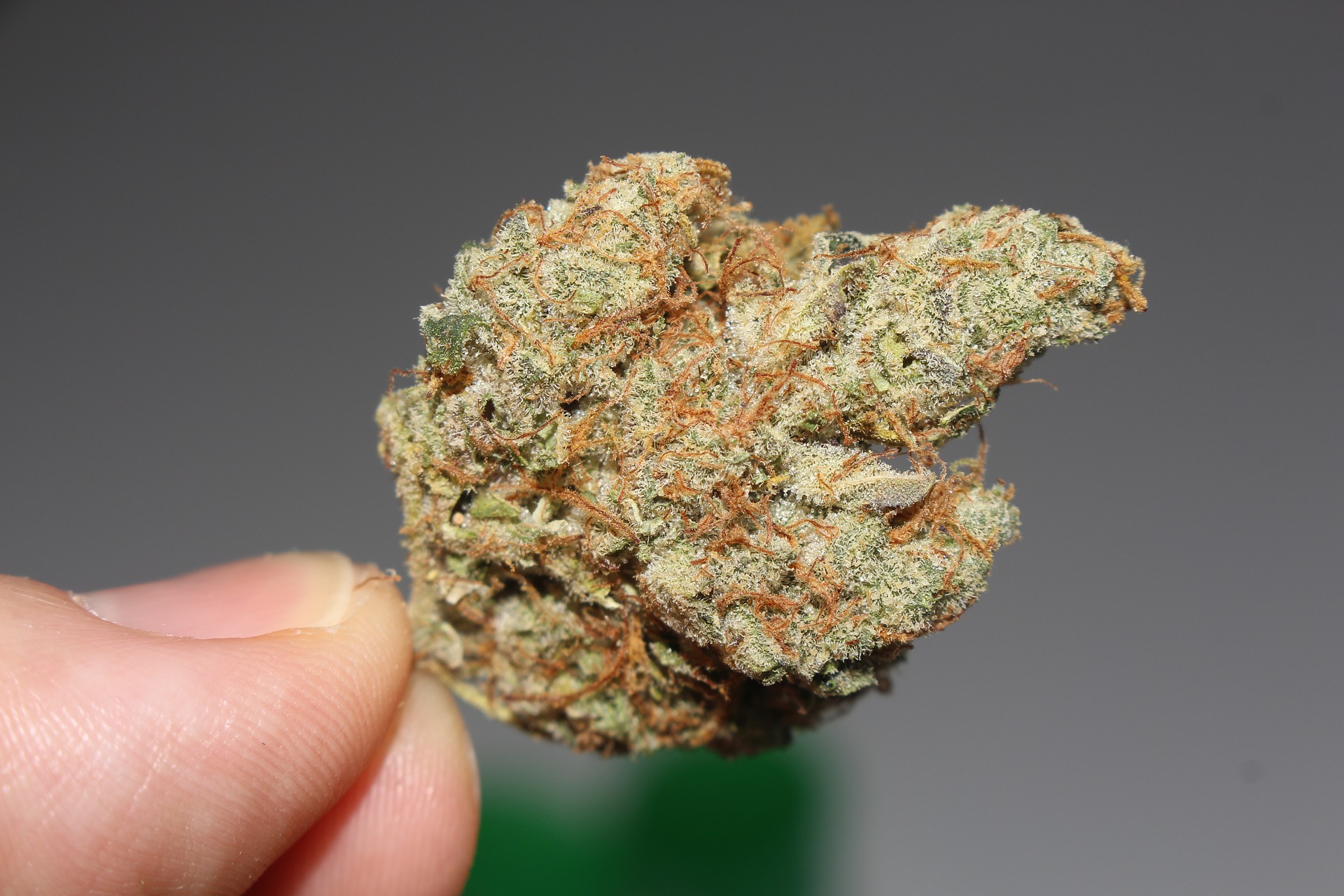
Cannabis you already possess
What a person had before legalization (other than medical cannabis) technically remains illegal, or “illicit” as the law defines it, because it was acquired by breaking a law. How that is proved would remain to be seen. Functionally it would be legal in the sense you can possess it; you just can’t possess it “knowing” it it is illicit, which is going to be hard to prove without you volunteering that information
Correction regarding organic solvents
I had written that a person is not allowed to use organic solvents to alter cannabis (this would include isopropyl alcohol, butane, etc.); this was wrong, but somewhat splitting hairs. I read it that you are allowed to use organic solvents on cannabis which you have obtained legally, as far as the federal government is concerned, though there may be provincial, municipal, zoning, insurance, and who knows what else issues with such a process. But if this a big part of your life, and you are not just using isopropyl alcohol, you might want to get legal advice, since subsection 12(1) and 12(2) have some ambiguity on how they interact. The distinction is made that you can do this on cannabis you have acquired and possess legally, such that the use of solvents would be an additional criminal charge to a person who has an excess number of plants, or has acquired cannabis illegally, and then uses that cannabis to make concentrates using a solvent.

Blogging in Calgary.
Follow along on Facebook, Instagram, Twitter. Join the Calgary Discord Server!